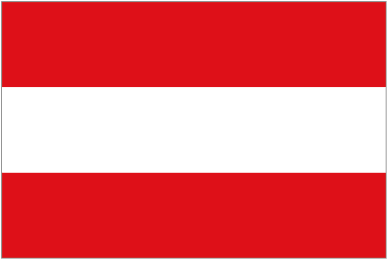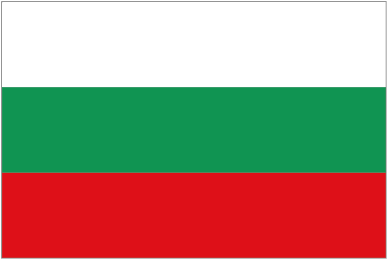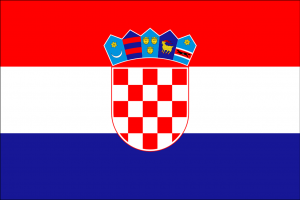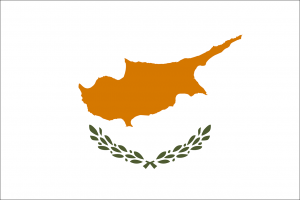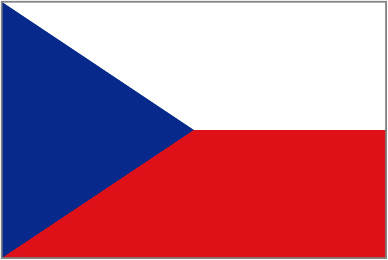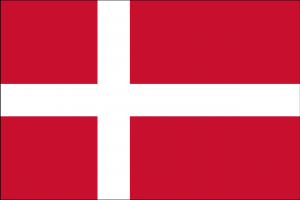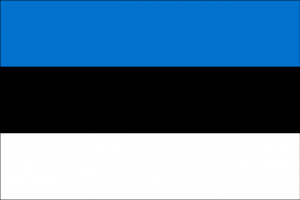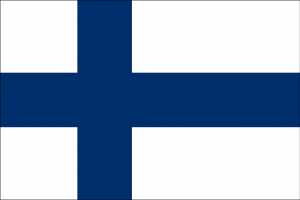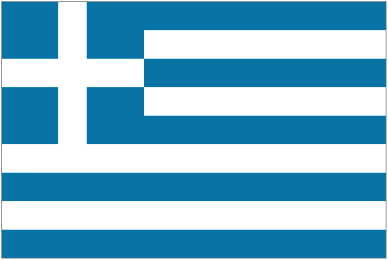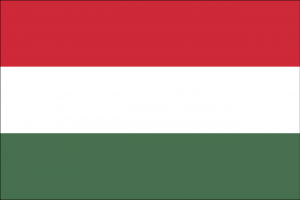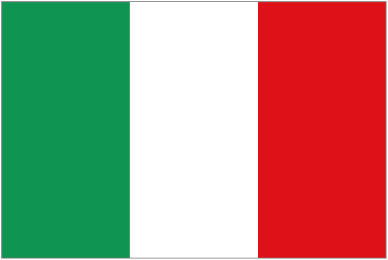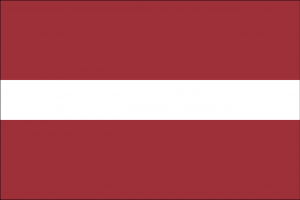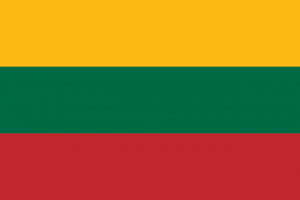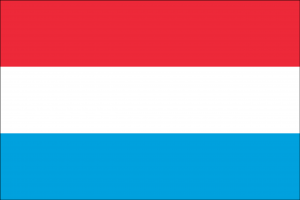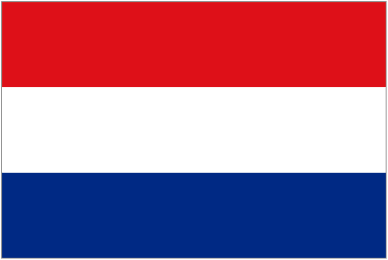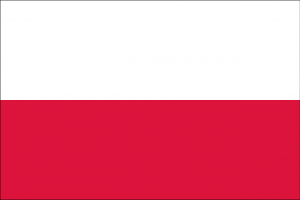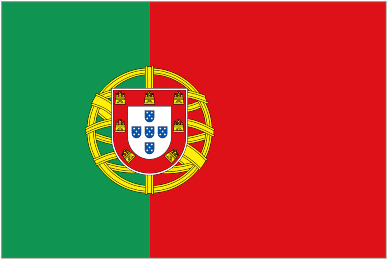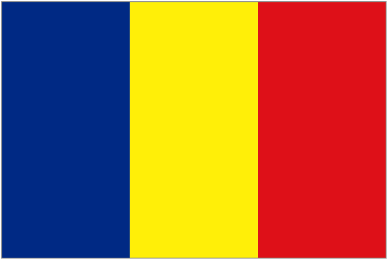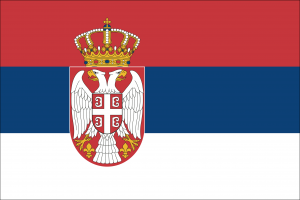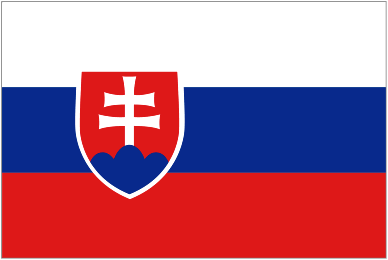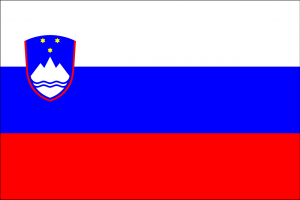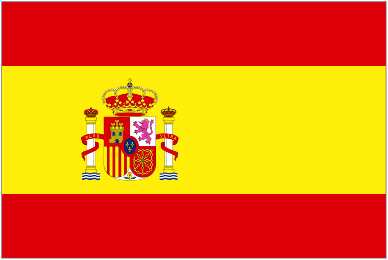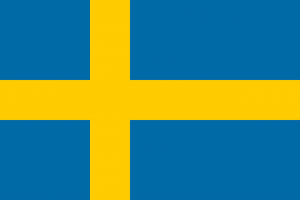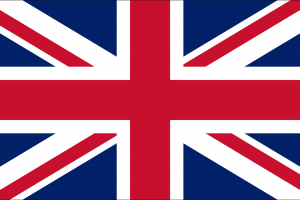
Over a long period of time, rare diseases were nearly invisible in national healthcare systems. Due to a lack of knowledge on these very rare and complex diseases, patients, families and caregivers were in the dark and faced extreme difficulties in accessing a diagnosis, appropriate care and treatments.
The Communication from the European Commission in 2008, followed by the EU Council Recommendation on ‘an action in the field of rare diseases’ adopted in 2009, have provided strong political support and guidance to address the challenges faced by the patients, and to foster research.
Rare Disease National Alliances and EURORDIS have been working hand in hand to promote relevant patient-centric, comprehensive, and integrated national policies. They have developed partnerships with key actors, both at national and European level, to ensure rare disease patients receive the same attention and quality of care as other patients.
The Rare 2030 Foresight Study, released in 2021, has issued updated, in-depth recommendations to further develop research and improve health and social care in the field of rare diseases. These constitute a robust base for enhancing national plans.
Why is a rare disease national plan needed?
1
Recognise and address the specificities of rare diseases in a comprehensive manner by setting up a political and legal framework, involving all stakeholders and coordinating all relevant actions at the national and regional level.
2
Implement adequate care pathways for rare disease patients: map out the medical expertise on rare diseases across the country; adopt an official process to designate multidisciplinary Centres of Expertise; facilitate the participation of these centres in European Reference Networks for rare diseases.
3
Identify or establish social services and programmes relevant to rare diseases (resource centres, disability programmes, specialised trainings for professionals…); bridge the gaps between different services through case management.
4
Support basic, translational, clinical and social research.
5
Facilitate the integration of European legislations and policy recommendations relevant to rare diseases into national healthcare and social systems.
6
Acknowledge National Alliances and rare disease patients’ organisations as key and equal partners; involve them in the governance of the plan and decision-making committees of programmes dedicated to healthcare, social care and research.

